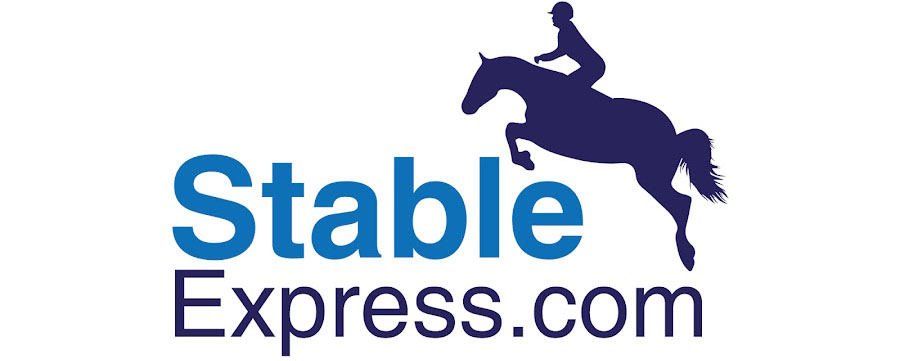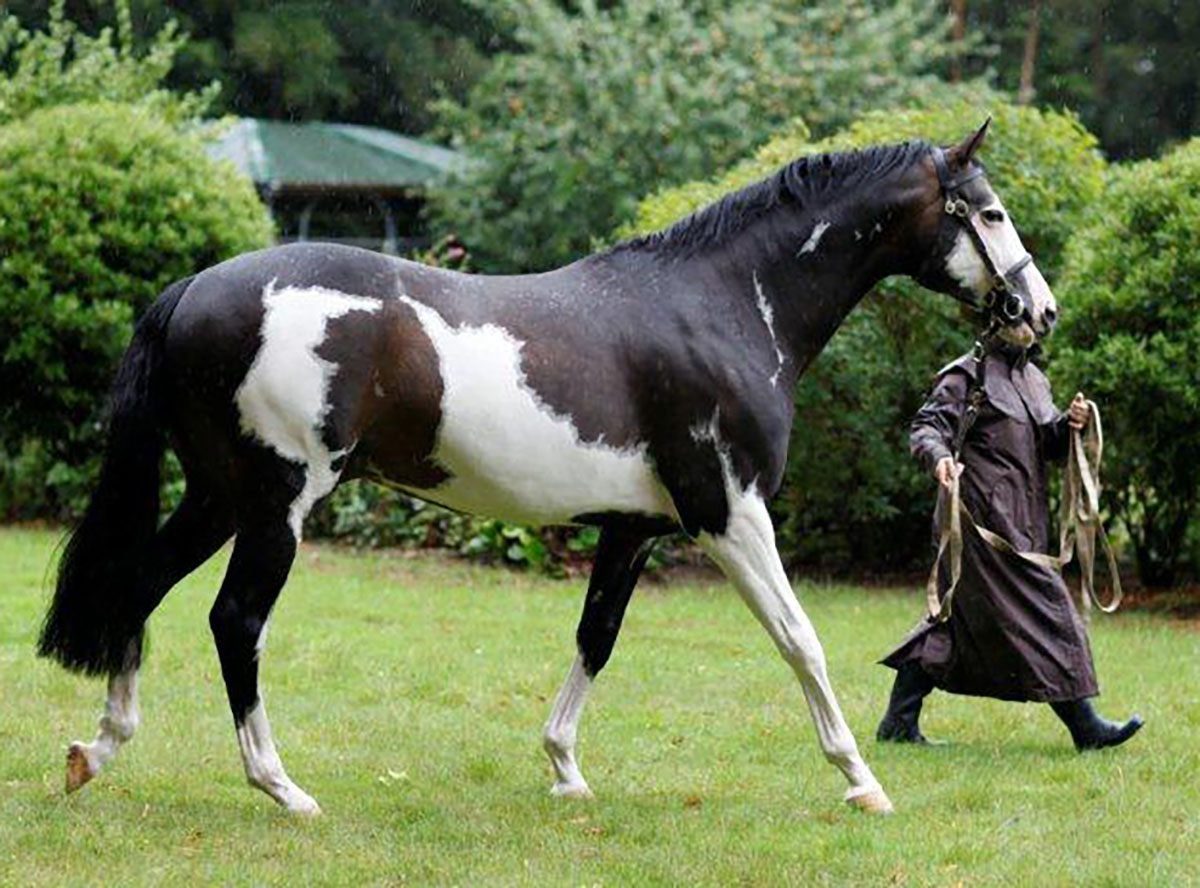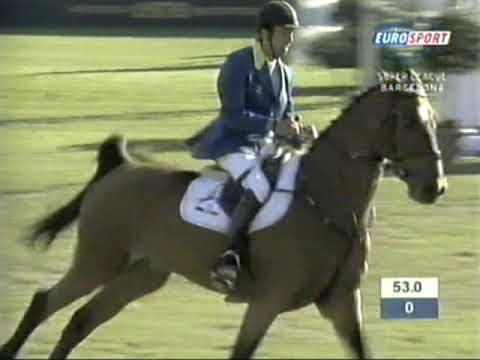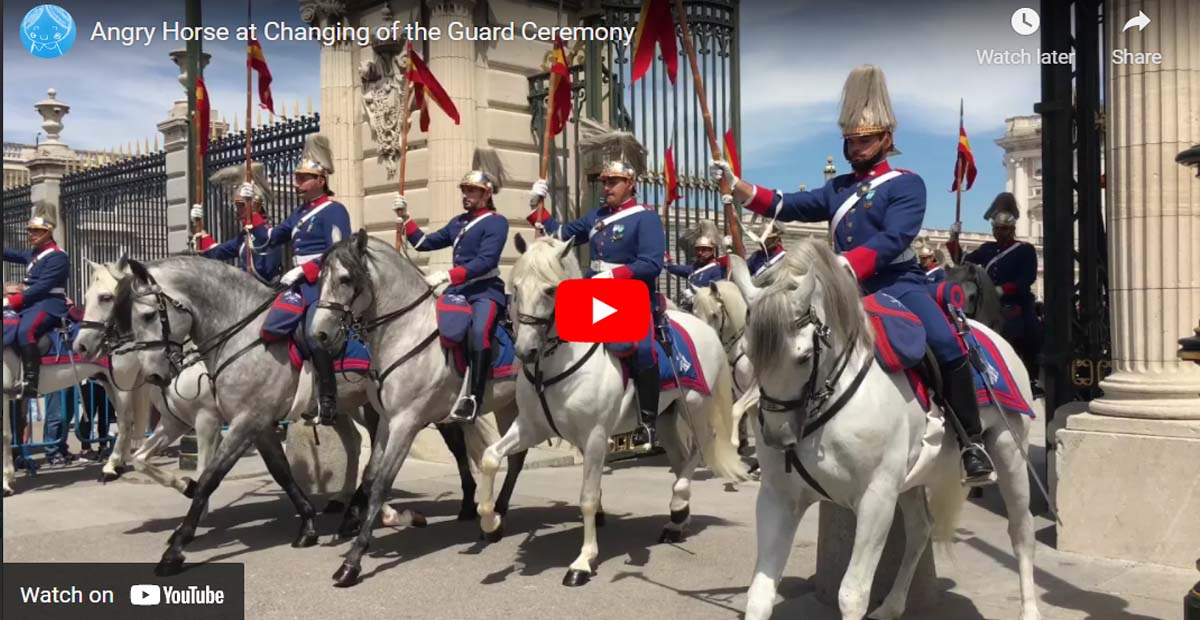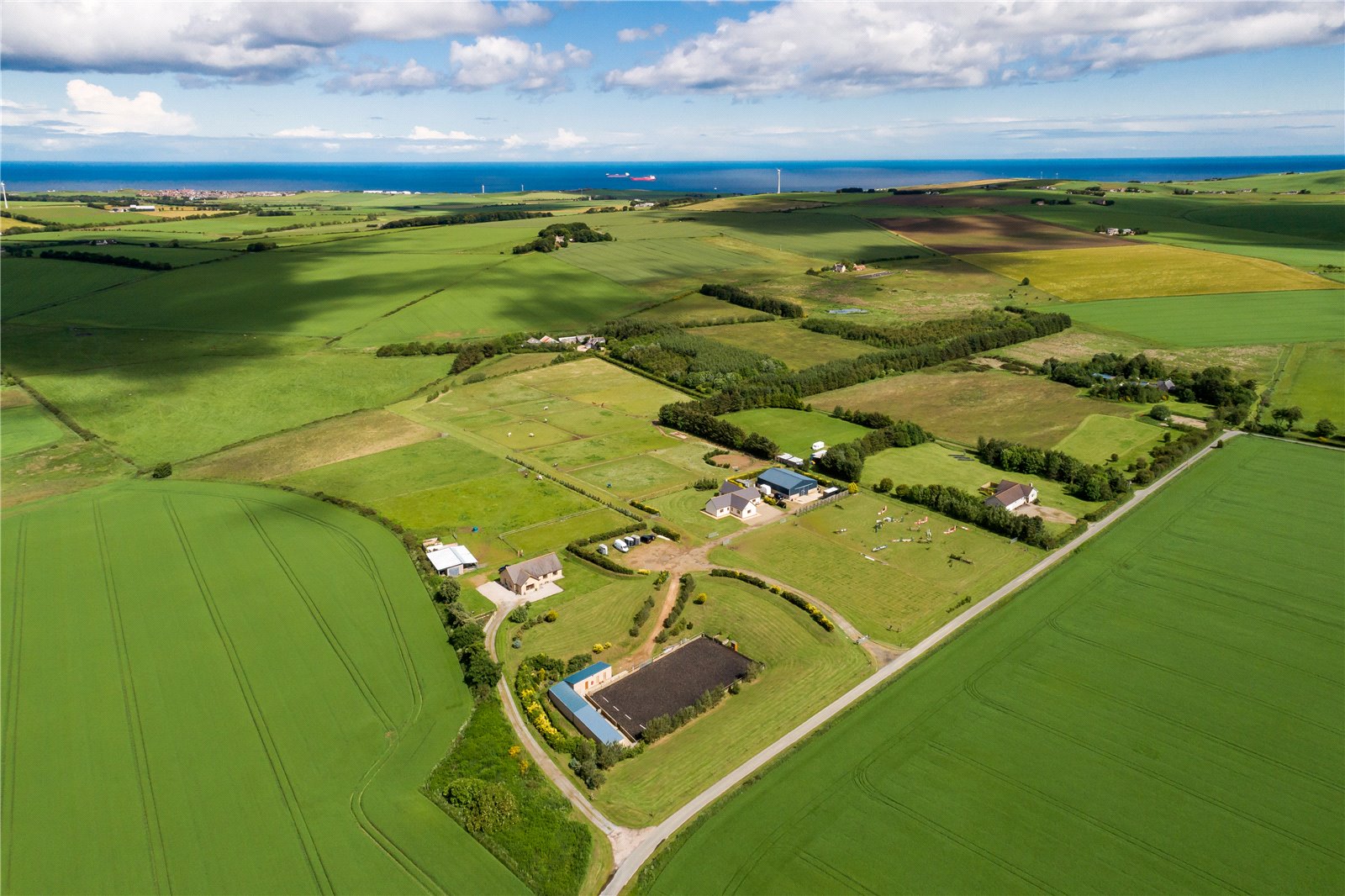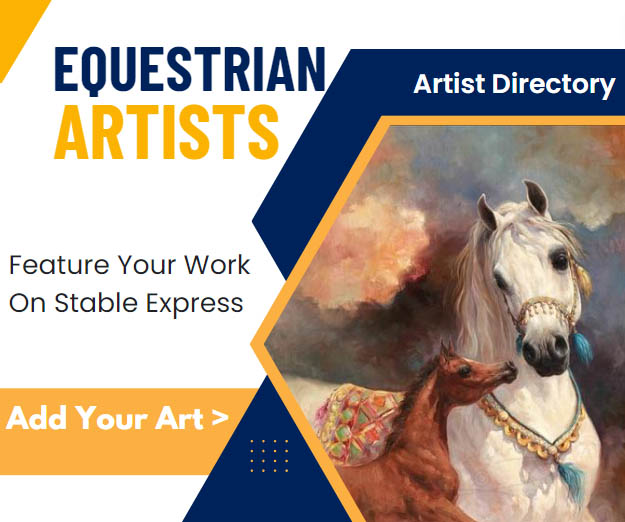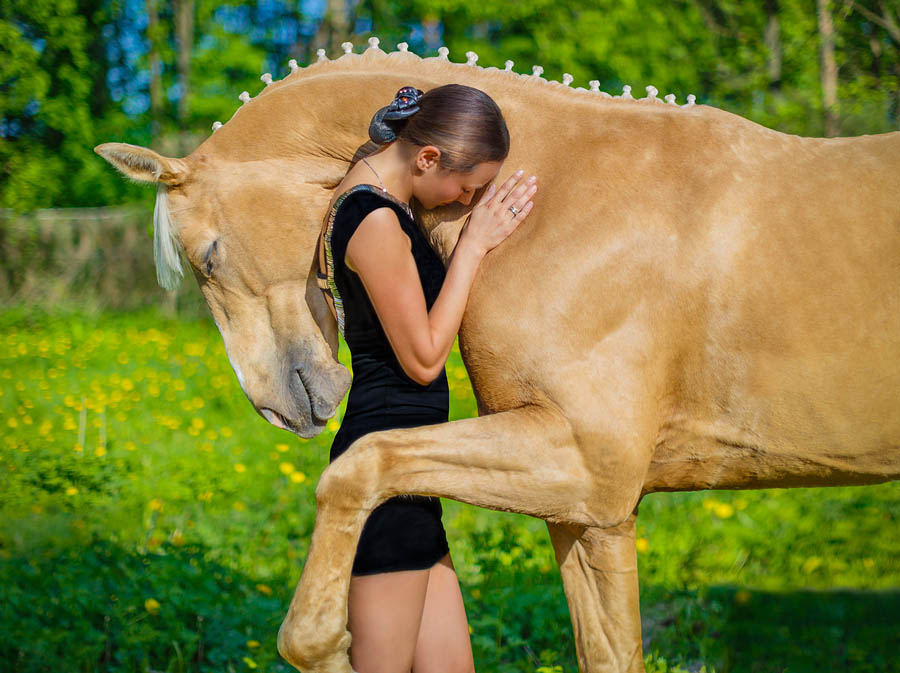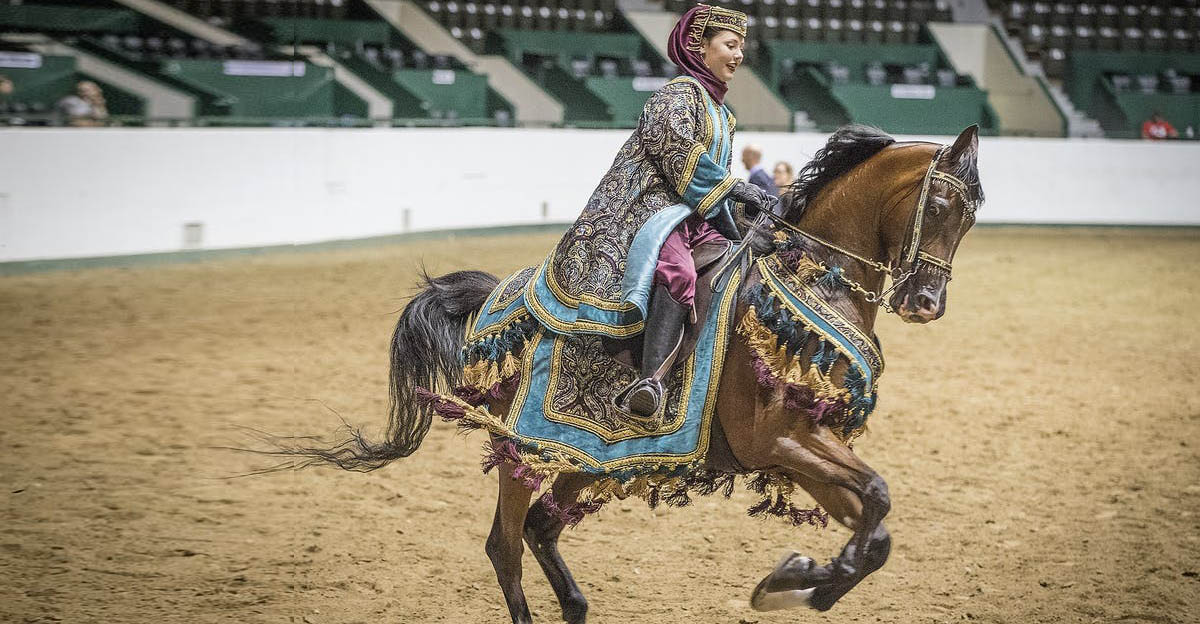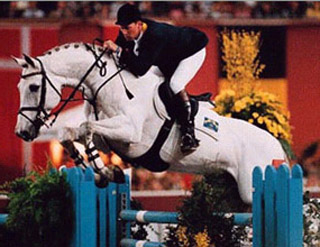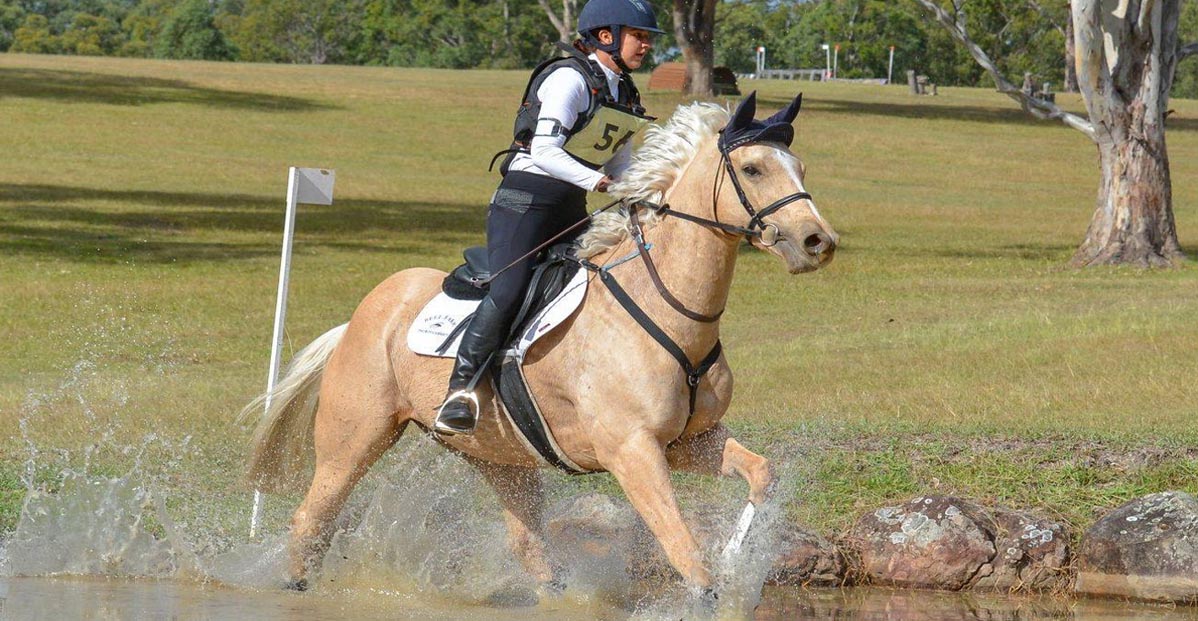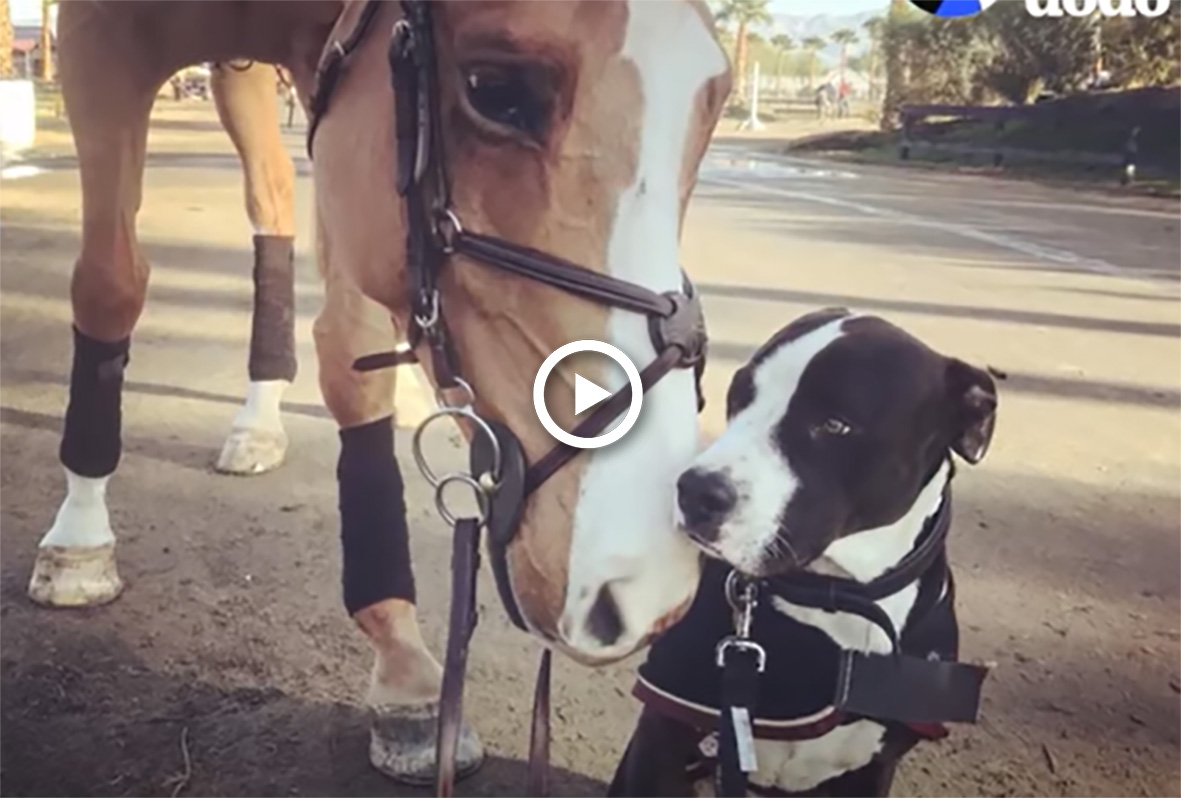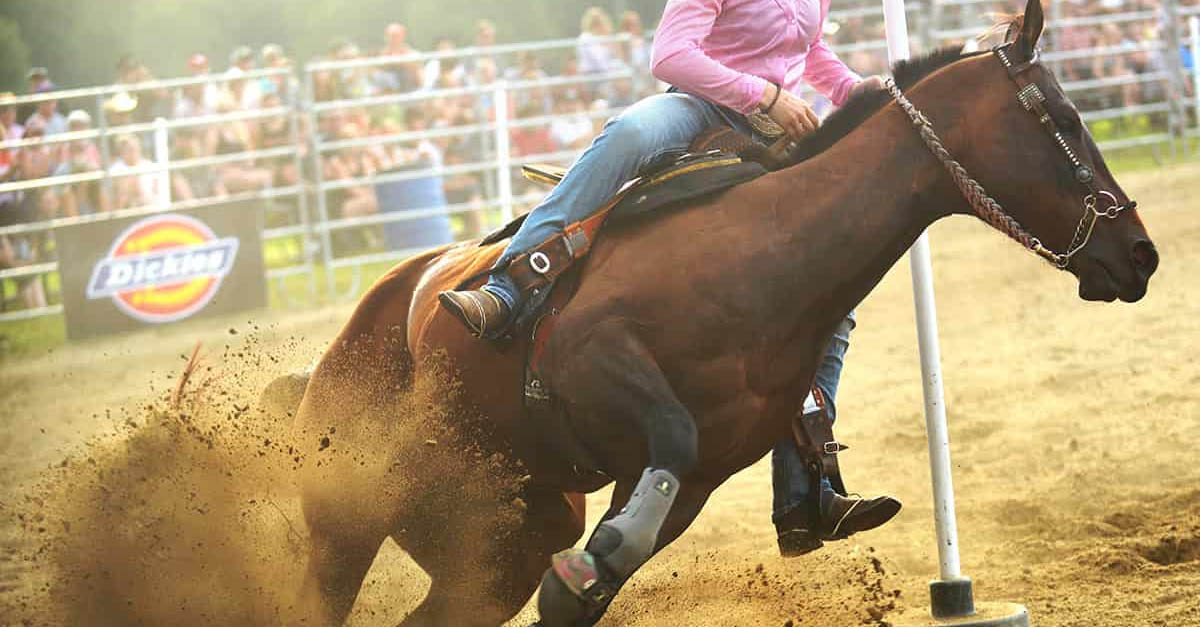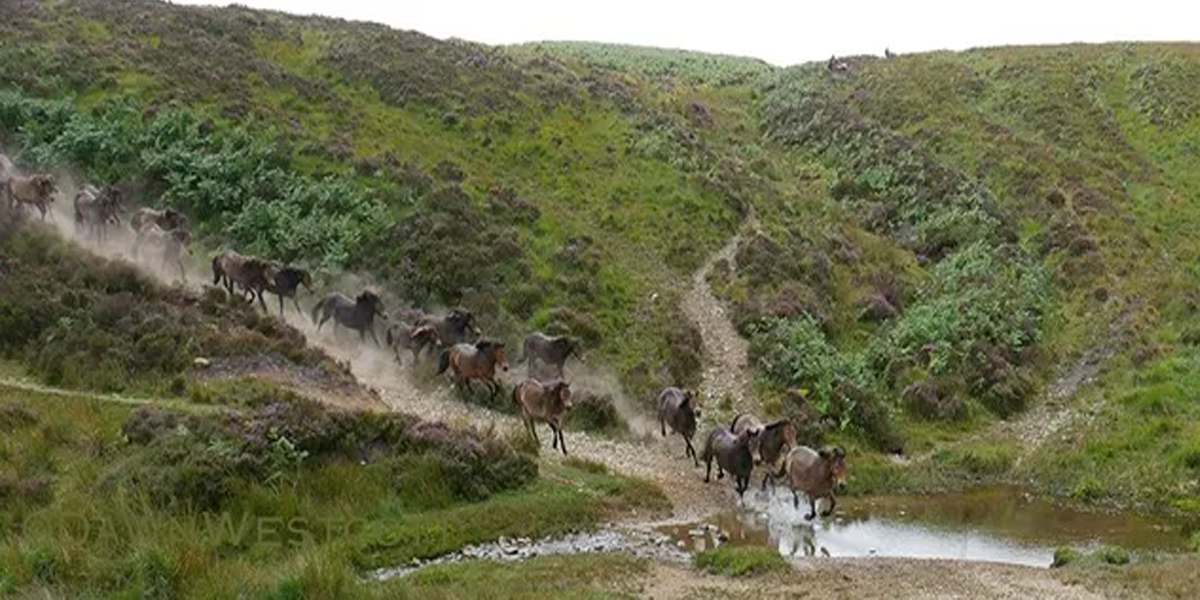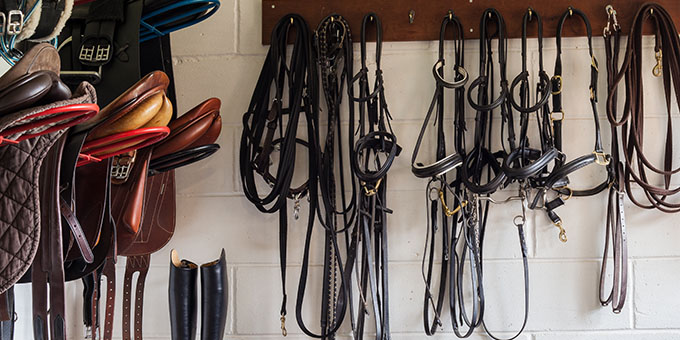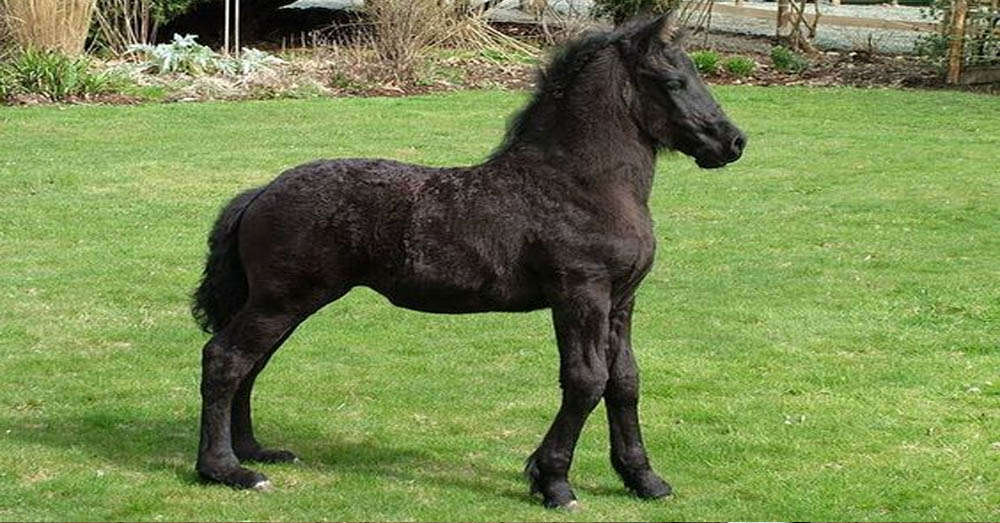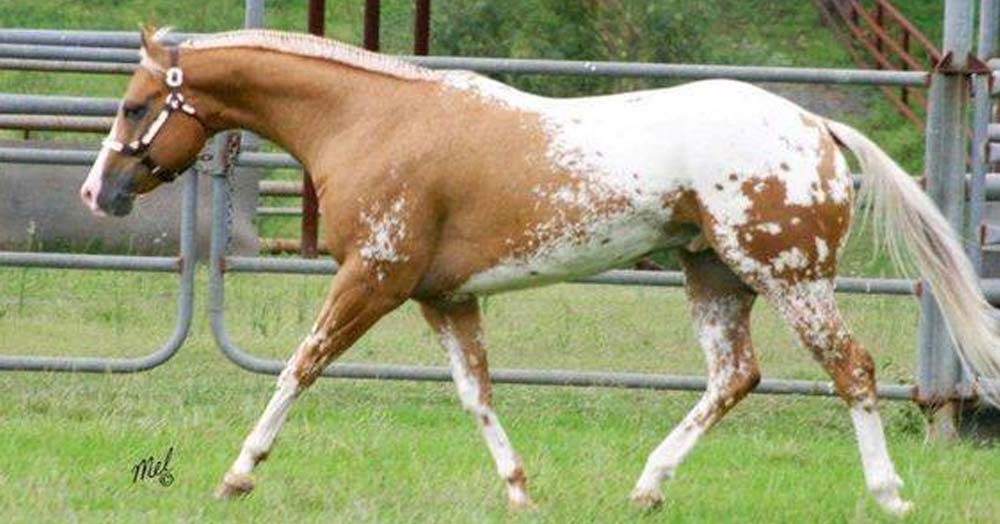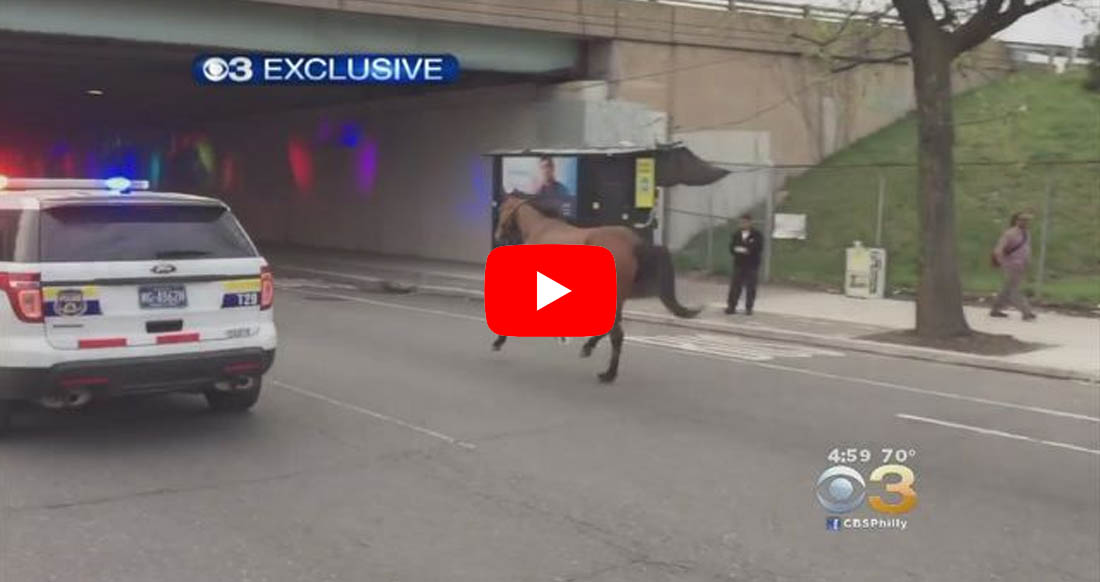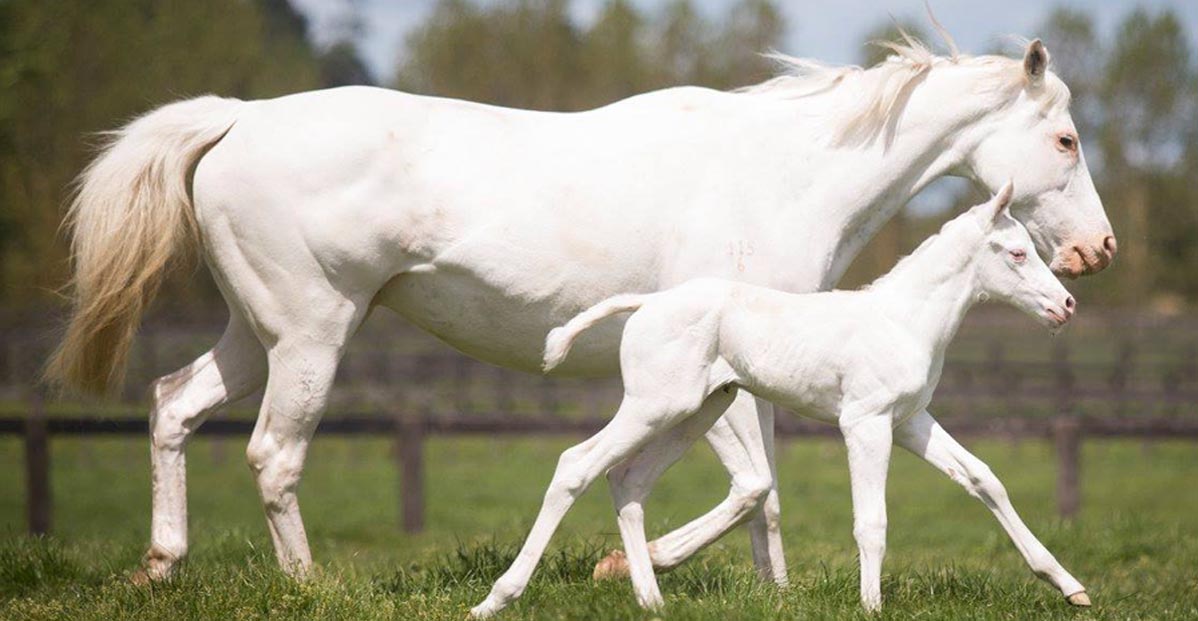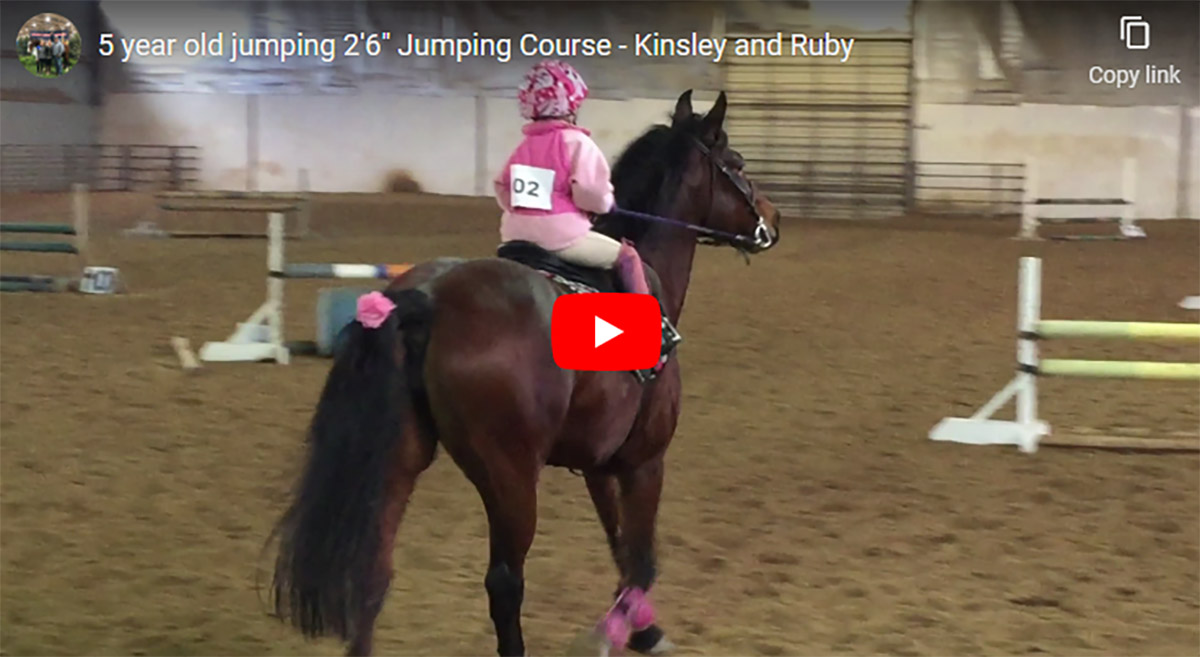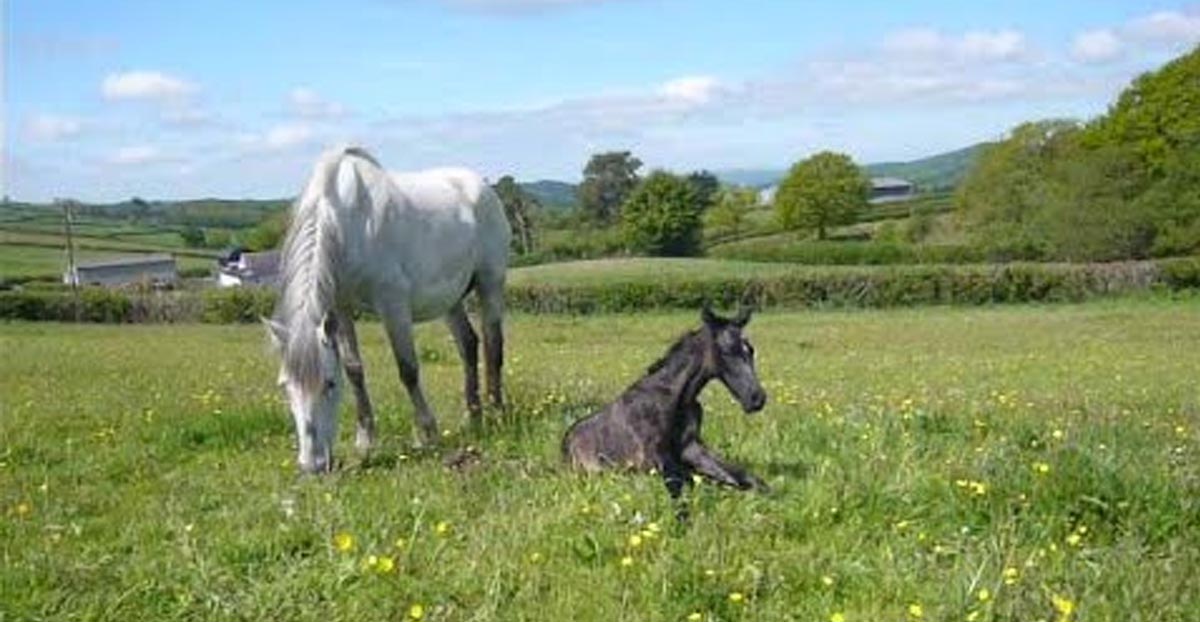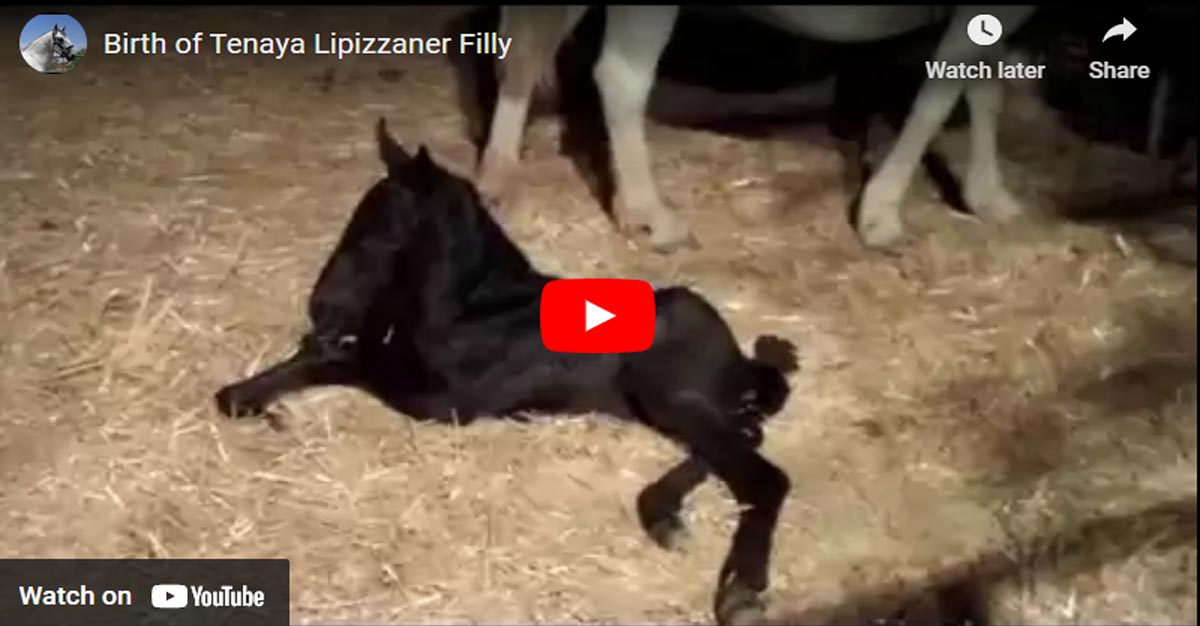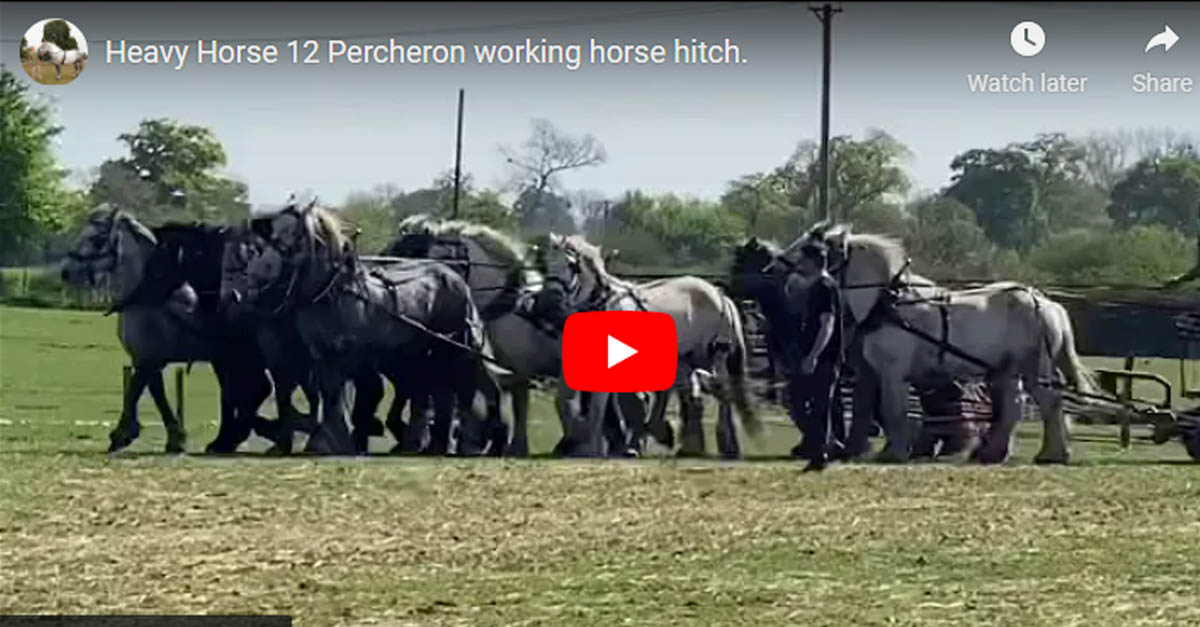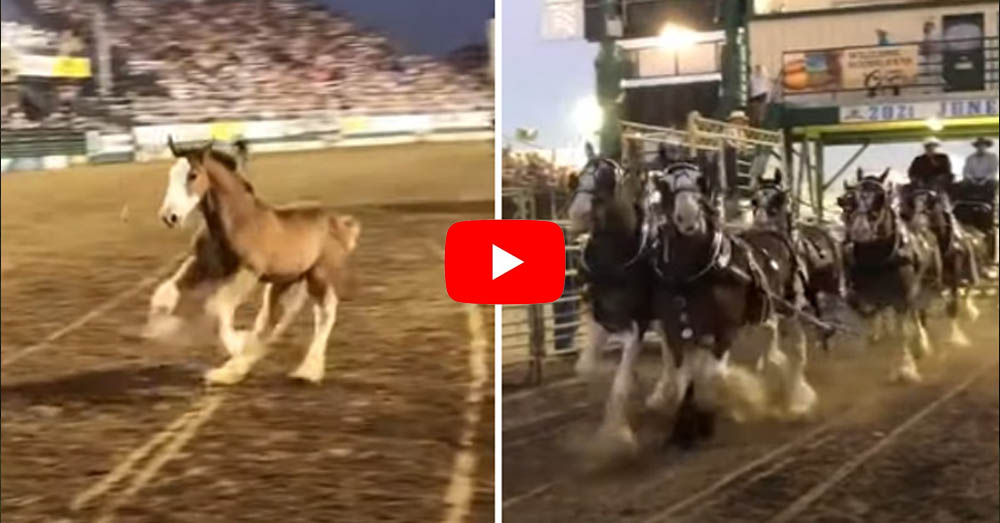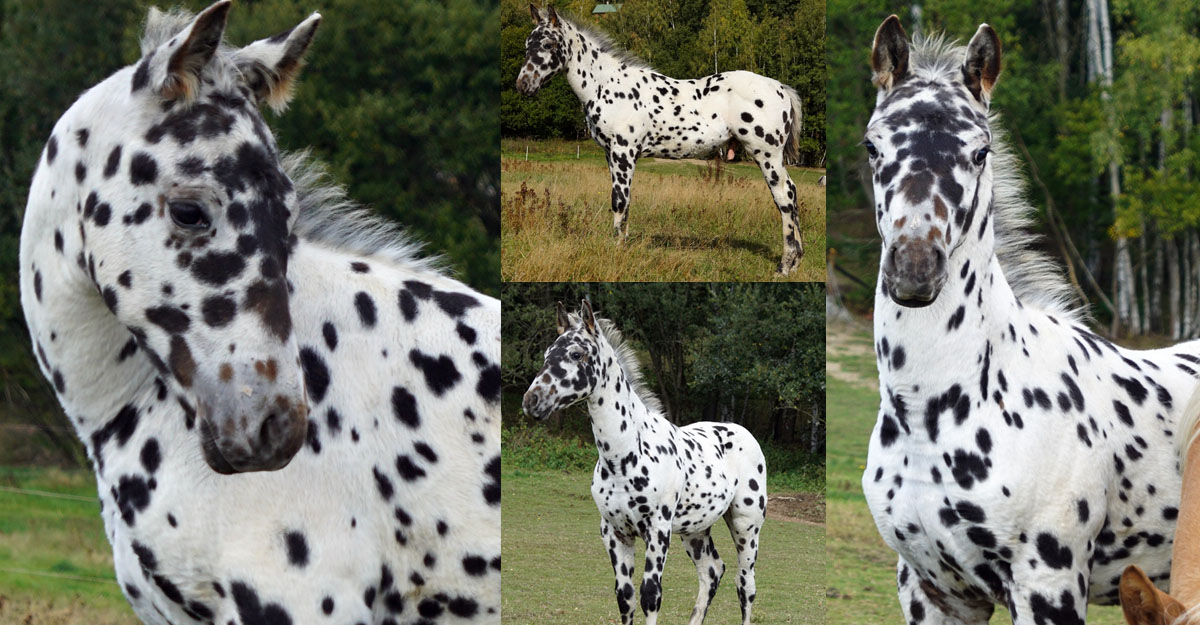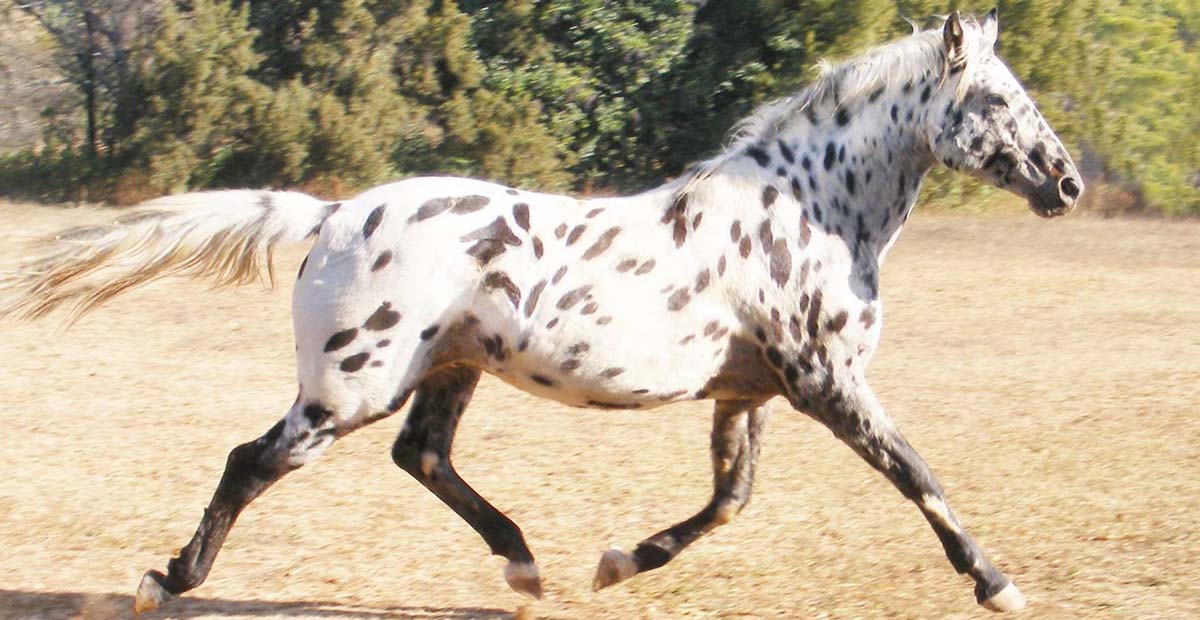Elderly Horses
Caring For An Elderly Horse
Watching your horse get old can be a sad process. Or maybe you`ve just adopted an older horse and therefore you need some guidance on how to take care of them. Elderly horses have a few different needs to young, spry and strong ones, so let`s take a look at some of the things you can do to make sure your elderly horse is as comfortable as possible and that you`re doing all you can to ensure they`re safe and happy.
Always Be Aware
When it comes to caring for an elderly horse you always need to be on the lookout for things that could be wrong. Anything that you may look over on a younger, healthier horse you should take a closer look at with your elderly horse to ensure it isn`t a problem.
Some specific things to be on the lookout for are changes in weight or appetite, behaviour or attitude or changing outward appearances.
Horse Insurance For Veteran`s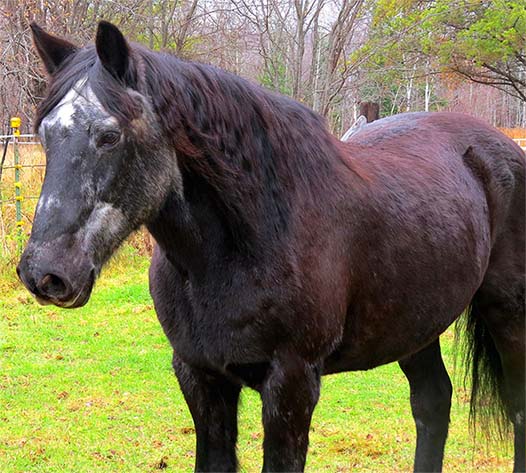
Provide Adequate Exercise
Just because a horse is elderly, it doesn`t mean they should be put in a field and forgotten about completely. Elderly horses still need adequate exercise to maintain muscle tone, flexibility and mobility. Just imagine if you sat on a sofa for weeks on end without much movement except to get water or go to the bathroom. You`d probably be sore and you`d struggle daily with movement because you didn`t do it very often. However, short walks daily can make a world of difference. Your elderly horse is no different.
Regular and Frequent Check Ups
An elderly horse should be checked over by a professional more frequently than an average, younger horse. The reason for this is because there could be many more things that could potentially go wrong and affect their health that you may not notice. Therefore, having the opinion of a professional is critical to maintaining their health.
Regularly Check Teeth
Adult horses and elderly horses are more likely to develop sharp points on their teeth, which can then affect their eating habits and further affect their health. It could potentially lead to bigger problems like mouth ulcers and behavioral problems. To make sure this doesn`t happen, regularly get your horse`s teeth checked to catch it early if it`s happening or to prevent it altogether.
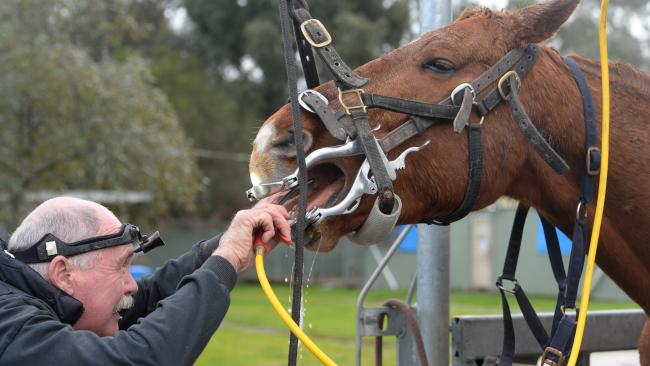 Maintain Healthy Diet
Maintain Healthy Diet
Older horses have different dietary needs than younger ones and they also may need extra vitamins and minerals as well. Typically older horses require more protein and fiber and will struggle keeping weight on. If you`re unsure about what exactly your horse needs in their diet, make sure to come up with a sufficient diet plan with your vet.
Caring for an elderly horse isn`t all that different to caring for a young horse, you just need to be a little more aware and do things a little more frequently. The most important thing of all to remember, though, is that they`re still a horse and still require as much love and care as anyone else.
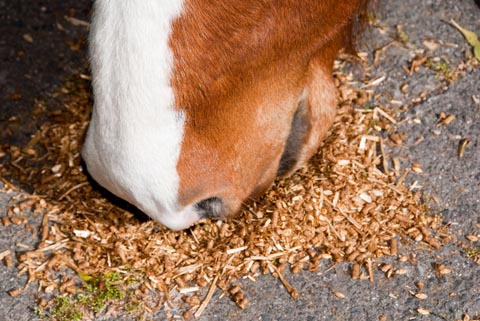
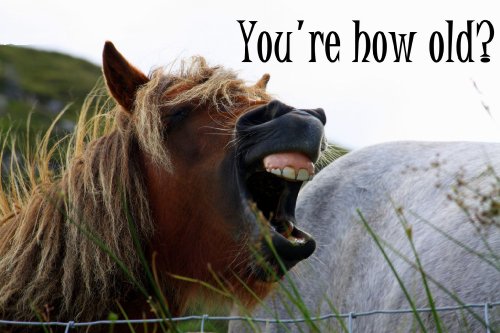
Look Out For Signs
Only you know your horse the best so you should know when they`re giving you signs that they`re struggling. Whether it`s struggling to keep up with what you want, lameness, fatigue or even just the inability to perform the way they used to. Your horse will tell you when it`s time and you`ll be able to tell.
Horses want to please their owners, but if it`s time to retire them then you`ll just know no matter how hard they`re trying, something is a bit off. If you feel this, it may be time to start to consider retiring them.

Adjust the Workload
While this is good practice whether you`re choosing to retire immediately or just experimenting, adjusting the workload of your horse is a great idea. If you`ve done point one and realized your horse is just struggling and can`t do it anymore, then slowly reining back the workload is easier on their minds. However, if you aren`t sure, sometimes reducing the workload and see how they react can give you a sense of what the problem might be.
If you reduce the workload and your horse gains more energy and is performing better, then it also might be time to retire, because it shows they`re no longer up to the rigorous training process it takes to compete. It`s a hard thing to admit, but changing up the workload can help you diagnose whether it`s time to retire your horse or not.
Symptoms
Sometimes you just aren`t sure if your horse is trying to tell you they can`t do it and sometimes adjusting the workload doesn`t make a difference. If this is the case, it`s time to be on the lookout for certain symptoms in your senior horse. This could include, but is certainly not limited to, fatigue, lack of enthusiasm, lameness, swaying as you mount or general weakness, stumbling on smooth footing, directionally confused and not pushing his or herself to their full capacity.
Retiring your horse can be a sad time for you and for them, but ultimately it`s in both of your best interests` if your senior horse can`t go on the way you have been. These few tips will help you decide if this is the right time and if you`re still not sure, consult your veterinarian.
Watching your horse get old can be a sad process. Or maybe you`ve just adopted an older horse and therefore you need some guidance on how to take care of them. Elderly horses have a few different needs to young, spry and strong ones, so let`s take a look at some of the things you can do to make sure your elderly horse is as comfortable as possible and that you`re doing all you can to ensure they`re safe and happy.
Always Be Aware
When it comes to caring for an elderly horse you always need to be on the lookout for things that could be wrong. Anything that you may look over on a younger, healthier horse you should take a closer look at with your elderly horse to ensure it isn`t a problem.
Some specific things to be on the lookout for are changes in weight or appetite, behaviour or attitude or changing outward appearances.
Horse Insurance For Veteran`s

Provide Adequate Exercise
Just because a horse is elderly, it doesn`t mean they should be put in a field and forgotten about completely. Elderly horses still need adequate exercise to maintain muscle tone, flexibility and mobility. Just imagine if you sat on a sofa for weeks on end without much movement except to get water or go to the bathroom. You`d probably be sore and you`d struggle daily with movement because you didn`t do it very often. However, short walks daily can make a world of difference. Your elderly horse is no different.
Regular and Frequent Check Ups
An elderly horse should be checked over by a professional more frequently than an average, younger horse. The reason for this is because there could be many more things that could potentially go wrong and affect their health that you may not notice. Therefore, having the opinion of a professional is critical to maintaining their health.
Regularly Check Teeth
Adult horses and elderly horses are more likely to develop sharp points on their teeth, which can then affect their eating habits and further affect their health. It could potentially lead to bigger problems like mouth ulcers and behavioral problems. To make sure this doesn`t happen, regularly get your horse`s teeth checked to catch it early if it`s happening or to prevent it altogether.
 Maintain Healthy Diet
Maintain Healthy DietOlder horses have different dietary needs than younger ones and they also may need extra vitamins and minerals as well. Typically older horses require more protein and fiber and will struggle keeping weight on. If you`re unsure about what exactly your horse needs in their diet, make sure to come up with a sufficient diet plan with your vet.
Caring for an elderly horse isn`t all that different to caring for a young horse, you just need to be a little more aware and do things a little more frequently. The most important thing of all to remember, though, is that they`re still a horse and still require as much love and care as anyone else.


How Do You Know When To Retire Your Horse?
One of the hardest things to do with your horse is retire them. It`s a hard thing to do and it`s hard on them as well because they`ll go from doing stuff all the time to not working nearly as much. It`s a hard transition for humans and horses alike, but the hardest part is knowing when it`s time to finally retire your horse. It`s not a decision you should take lightly, so these few tips will help you accurately asses your situation and know when it`s time to retire your horse.Look Out For Signs
Only you know your horse the best so you should know when they`re giving you signs that they`re struggling. Whether it`s struggling to keep up with what you want, lameness, fatigue or even just the inability to perform the way they used to. Your horse will tell you when it`s time and you`ll be able to tell.
Horses want to please their owners, but if it`s time to retire them then you`ll just know no matter how hard they`re trying, something is a bit off. If you feel this, it may be time to start to consider retiring them.

Adjust the Workload
While this is good practice whether you`re choosing to retire immediately or just experimenting, adjusting the workload of your horse is a great idea. If you`ve done point one and realized your horse is just struggling and can`t do it anymore, then slowly reining back the workload is easier on their minds. However, if you aren`t sure, sometimes reducing the workload and see how they react can give you a sense of what the problem might be.
If you reduce the workload and your horse gains more energy and is performing better, then it also might be time to retire, because it shows they`re no longer up to the rigorous training process it takes to compete. It`s a hard thing to admit, but changing up the workload can help you diagnose whether it`s time to retire your horse or not.
Symptoms
Sometimes you just aren`t sure if your horse is trying to tell you they can`t do it and sometimes adjusting the workload doesn`t make a difference. If this is the case, it`s time to be on the lookout for certain symptoms in your senior horse. This could include, but is certainly not limited to, fatigue, lack of enthusiasm, lameness, swaying as you mount or general weakness, stumbling on smooth footing, directionally confused and not pushing his or herself to their full capacity.
Retiring your horse can be a sad time for you and for them, but ultimately it`s in both of your best interests` if your senior horse can`t go on the way you have been. These few tips will help you decide if this is the right time and if you`re still not sure, consult your veterinarian.
